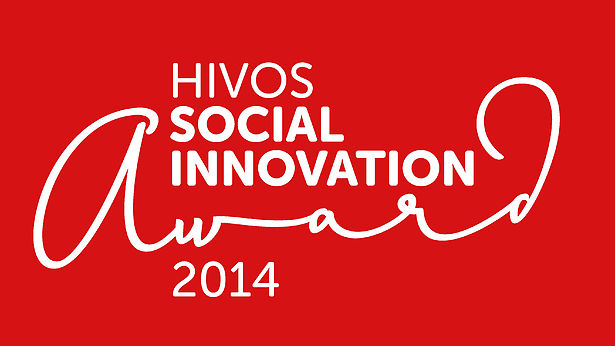Six finalists have been chosen for the Hivos Social Innovation Award elbowing out 15 other competitors who had also participated in the Hivos Learning Community and are now set for the award ceremony which will be held in Amsterdam.
In total , the award attracted competitors from 61 countries and the two ideas that will win include a promising innovative idea to be developed into a prototype and a proven innovative approach that deserves support to scale up and increase impact. A prize of ail a €15,000 has been set aside for the winning entity where a € 5,000 prize and a coaching trajectory worth € 10,000 to develop the idea into a prototype. For the second category, the prize will be an investment in scaling proven approaches within the next two years.
Here are the finalists:
-
 Social Innovation Academy (Uganda), a unique learning environment that empowers youth to become job creators by nurturing innovative project ideas into social enterprises.
Social Innovation Academy (Uganda), a unique learning environment that empowers youth to become job creators by nurturing innovative project ideas into social enterprises. -
Lensational (China), a social enterprise that equips women with a way to express themselves by giving them access to digital cameras and photography training and by providing sales channels to sell their photographs.
-
Open Solidarity App (Indonesia), a cutting edge smartphone application that promotes freedom and equality in the workplace by reporting discrimination and violation on the basis of gender, race and freedom of association.
-
Organic Sack Garden (Bangladesh), a pioneering project that encourages urban Bangladeshis to grow vegetables in sacks. It promises to trigger social change by improving nutrition and food security in a land fraught with poverty, malnutrition and problems related to climate change.
-
Urine for Wealth (Malawi), a project that makes sustainable organic nitrogen fertilizer from human urine. The urine is harvested from ecological sanitation toilets situated in crowded markets in Malawi’s urban centers.
-
Conserving Ecosystems Resilience (Sri Lanka), an integrated approach that restores and conserves essential ecosystems downriver of the Maha Oya, and increases the resilience of coastal and riverine communities to environmental threats and disasters.
